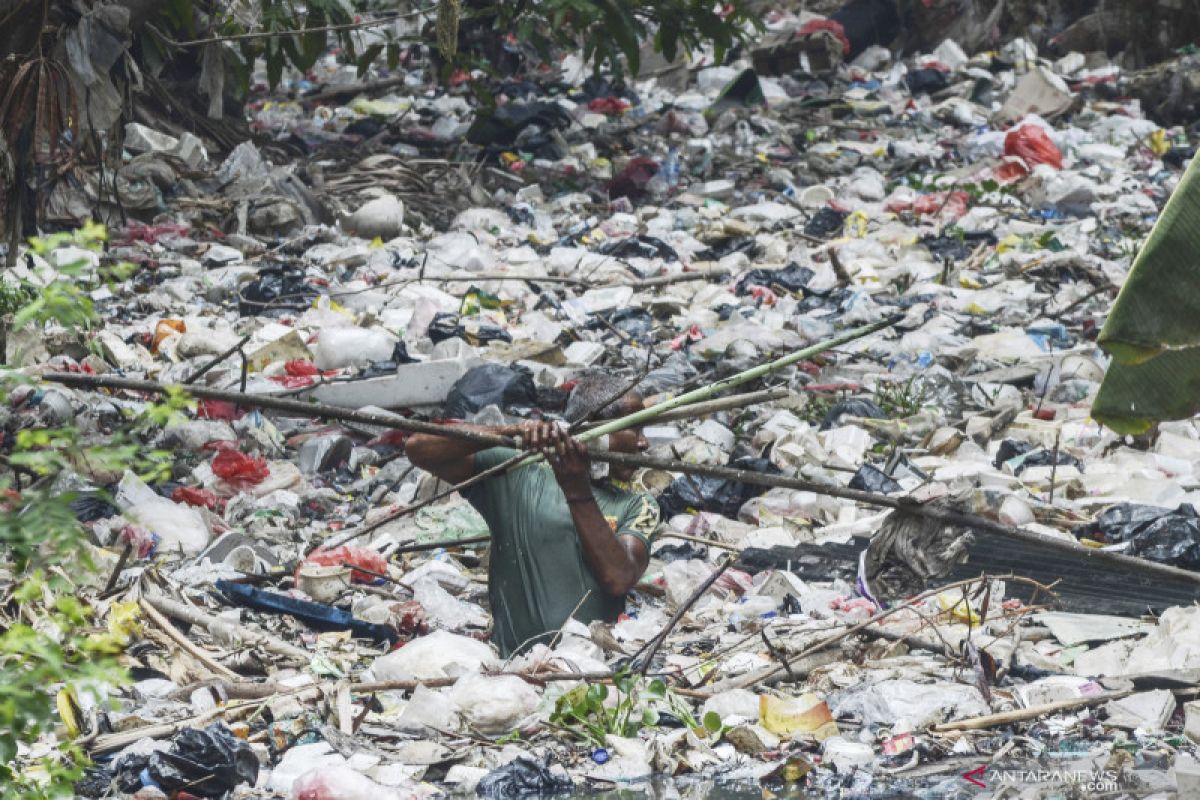"Plastic has a unique character, and when it enters nature it can be a carrier for other pollutants. When plastic is mixed with waste, we never know whether the waste is domestic or hazardous waste," a researcher at the Oceanographic Research Center of LIPI, Muhammad Reza Cordova, said when contacted in Jakarta Monday.
Although there are no studies that examine the exact level of microplastic danger and its impact on the body, the unique character of plastic can make it contain other substances, such as dioxins which have been proven to have adverse effects on health.
Microplastics, according to their origin, indeed have two types, which are produced as microplastics, such as microbeads in cosmetics.
Thereafter, the result of degradation of large plastics possibly through direct sunlight or ocean waves eventually turns them into microplastic, as found in marine biota.
Earlier, research by the International Pollutants Elimination Network (IPEN) revealed the presence of dioxins in egg samples in two villages of East Java.
The dioxin content found in samples of chicken eggs in Bangun village, Mojokerto District and Tropodo, Sidoarjo District, was 70-fold higher than the safety standards set by the European Food Safety Authority (EFSA).
The content of dioxins according to laboratory tests is the second highest in Asia. The levels are comparable to the highest recorded levels of dioxins in eggs in Asia, which were measured at the Bien Hoa site in Vietnam, a US Army airbase where the soil was heavily contaminated by Agent Orange.
Dioxin itself, if consumed in the long term, can cause cancer, damage the immune system and growth.
The worst chemical content was recorded near a tofu factory in Tropodo that burns plastics for fuel.
This practice could be one of the causes of the presence of dioxin content because the incomplete combustion process can produce dioxin.
Plastic must be burned above a temperature of 600 degrees Celsius so as not to produce dioxins, according to a polymer researcher at Chemical Research Center of LIPI Witta Kartika Restu.
"Various types of plastic must be burned at high temperatures," Kartika stated.








